Stage 6: universal ethical principles orientation. Adulthood onwards
- For some, moral reasoning primarily becomes based on their adherence to a set of universal abstract ethical principles. The person sees that they have a duty to behave morally based on these principles, and not:
- to avoid punishment (stage 1),
- in their own interests (stage 2),
- because of what is expected of them (stage 3),
- to maintain the rules of a group (stage 4),
- because of what has previously been cooperatively agreed upon (stage 5).
- So a good action is one that fulfills ones duty to goodness itself, and the virtues and values one believes to be universally true even if it goes against their own or their groups interests.
This was the hardest to write and longest of my posts, as a discussion about “What is good?” enters into the realms of philosophy. Then I reminded myself that the point of these newsletters is to be useful, not theoretical. So I crossed most of it out and tried to keep it simple.
We would all wish that our parents were good people, and that our children turn into good people. We admire people in our culture who are good and who do good things. Not because they obey the rules, or so they get some advantage, but because it is who they are. Talking about values and virtues with your children (what a good person is and does) does not require a knowledge of abstract universal ideas (such as found with the philosophers Kant, Mill or Plato) or the ability to recite “The Universal Declaration of Human Rights”. We know it when we see it.
Being good involves love, generosity and openness, and a wish to make your family and your world a better place. One way to talk about goodness is to have a discussion about what your family values, and why. “We are honest in our family”. Not because it is our duty or the rule (deontological ethics), or because it leads to good outcomes (consequentialism ethics), but because good people are generally honest (virtue ethics); it is who we are.
So when it comes to helping your child with stage 6 moral development, I think the best thing you can do is to keep it simple:
Try to be a good enough person; to yourself, your family, and the world you live in.
Surround your family with other good enough people.
